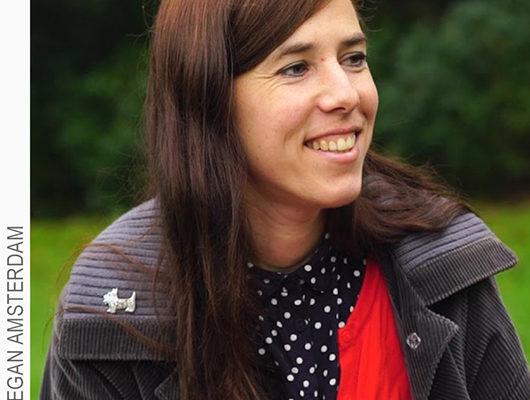Peter Singer is a moral philosopher best known for his book Animal Liberation in which he argues for consideration of the interests of non-human animals. He is also known for his essay Famine, Affluence, and Morality, in which he argues in favor of donating to help the global poor. He is Professor of Bioethics at Princeton University and a Laureate Professor at the Centre for Applied Philosophy and Public Ethics at the University of Melbourne.
In 1975, Singer co-wrote Animal Rights and Human Obligations with CAF co-founder, the late Tom Regan. The book is a collection of historical, theoretical and applied articles on the ethical considerations in the treatment of animals by human beings.
In All Animas Are Equal from Animal Rights and Human Obligations, Singer writes, “…the racist violates the principle of equality by giving greater weight to the interests of members of his own race, when there is a clash between their interests and the interests of those of another race. Similarly, the speciesist allows the interests of his own species to override the greater interests of members of other species. The pattern is the same in each case.”
He popularized and helped to philosophically develop the concept “speciesism,” which was coined by English writer Richard D. Ryder. Singer defines the term as “an attitude of bias or prejudice against beings on the grounds of their species alone,” and argues in favor of the equal consideration of all sentient beings. As a keynote speaker Singer opened the Personhood Beyond the Human conference at Yale University in 2013 with an address titled, “Who is a Person? A Non-Speciesist Answer.” He quotes that rejecting speciesism means “giving equal consideration to the similar interests of all beings who have interests. All beings that have interests, for me, means beings that are conscious beings, that have some sort of subjective awareness, that are capable of feeling pleasure or pain…”
The contemporary animal advocacy movement owes a great deal to Peter Singer’s path-breaking book Animal Liberation in which Singer described in detail the many harms done to animals and for a moral consideration of their interests. Singer also asserts that non-human animals ought to have “personhood,” and he has had an enormous influence, directly and indirectly, on how people see the moral status of animals.
Not only does Singer have a wide range of academic accomplishments, but he has also founded and co-founded non-profit organizations such as The Life You Can Save and The Great Ape Project. In 2004 Singer was recognized as the Australian Humanist of the Year by the Council of Australian Humanist Societies. In June 2012, Singer was appointed a Companion of the Order of Australia (AC) for “eminent service to philosophy and bioethics as a leader of public debate and communicator of ideas in the areas of global poverty, animal welfare and the human condition.”
On behalf of the Culture & Animals Foundation, we welcome and thank Peter for agreeing to be on our advisory board.





